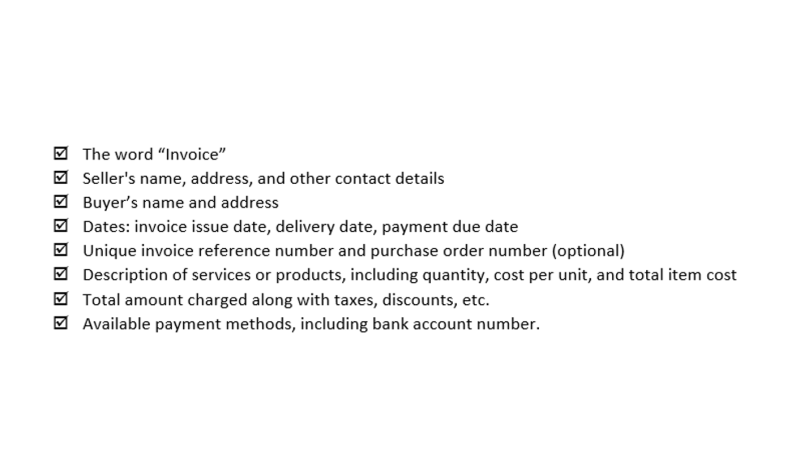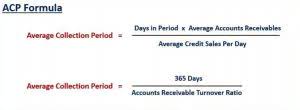
Secured credit cards are a type of credit card where the cardholder secures the card with a security deposit. Such cards offer limited lines of credit that are equal in value to the security deposits, https://www.bookstime.com/ which are often refunded after cardholders demonstrate repeated and responsible card usage over time. These cards are frequently sought by individuals with limited or poor credit histories.
- Companies that make corporate cards available to employees typically have a written policy—or an entire manual—regarding their proper use.
- Credit issuers use your average daily balance, interest rate, and the number of days in the billing cycle to calculate the interest amount.
- Once, merchants would often accept credit card numbers without additional verification for mail order purchases.
- Usually, credit issuers offer a grace period where interest will not accrue.
- A credit card is a thin rectangular piece of plastic or metal issued by a bank or financial services company that allows cardholders to borrow funds with which to pay for goods and services with merchants that accept cards for payment.
- Purchase protections like extended warranties and return protection are useful for buying new equipment and furniture.
Savings perks:
Also, while it’s best to pay off your balance each month, your card issuer won’t allow you to use another card to do that. Similar to a secured credit card, a prepaid debit card is a type of secured payment card, where the available funds match the money that someone already has parked in a linked bank account. By contrast, unsecured credit cards do not require security credit card definition business deposits or collateral. These cards tend to offer higher lines of credit and lower interest rates vs. secured cards. Qualifying for a business credit card is based on your personal credit history, among other criteria. But once your account is open, your payment activity, credit limit, and other account details are reported as part of your business credit history.

Want to learn more about credit scores?
Credit cards generally have higher APRs compared to other types of debt — usually well into the double digits. It can make purchases much more expensive if you’re paying a hefty amount of interest on top of the actual cost. Usually, credit issuers offer a grace period where interest will not accrue. This period is typically between the statement date and due date, commonly 21 days. Also consider the features that will help you manage your expenses and grow your business.
Business Credit Card Benefits
Some countries, such as the United States, the United Kingdom, and France, limit the amount for which a consumer can be held liable in the event of fraudulent transactions with a lost or stolen credit card. These charge coins were usually given to customers who had charge accounts in hotels or department stores. Each had a charge account number, along with the merchant’s name and logo. Here’s what to consider when weighing the benefits and drawbacks of credit cards.

In 1966, the ancestor of MasterCard was born when a group of banks established Master Charge to compete with BankAmericard; it received a significant boost when Citibank merged its own Everything Card, launched in 1967, into Master Charge in 1969. Once a cardholder learns their company’s policies, it’s best to stick to them. If they use their card to buy something that’s not an approved business expense, it can make them look bad in the eyes of their employer, even if it’s an honest mistake. What’s more, many large companies have a travel and entertainment card manager on staff who can audit employees’ expenses at any time.
Why Nearly Every Purchase Should Be on a Credit Card
- Once you decide on some card options, you can usually get prequalified online.
- If you’re an entrepreneur or business owner who’s new to the world of credit cards, you might be wondering what a business credit card is and how it works; TPG is here to help.
- Accuracy, independence and authority remain as key principles of our editorial guidelines.
- If your employees travel extensively, then choose a card with travel perks and protections.
- At the end of each billing cycle, cardholders receive a statement indicating the total balance owed and the minimum amount due.
- In addition to checking numbers and so forth the code column indicates the credit card.
The less credit history your company has, the more they will rely on your personal credit history. In most cases, you’ll need a business that’s been around for at least three years and that has a positive credit history. Aside from credit and business age requirements, you’ll need statements that show your revenues and earnings and that your company can afford to take on debt. The transaction date is the day of the purchase or payment using your card. These transactions will usually move into a pending category while the company processes the activity. The posting date is the day that the purchase or payment is added or deducted from your account balance.
How Do Business Credit Cards Work?
Like personal credit cards, business cards provide benefits like valuable earnings rates, user-friendly perks and 0% introductory annual percentage rates. When used responsibly, they can greatly complement your business’ financial strategy. A personal guarantee promises the card issuer that if your business can’t pay back your balance, you — the individual — will. As a result, late payments may impact not only your business credit, but your personal credit, too.
These types of credit cards are generally referred to as rewards credit cards. Credit cards typically charge a higher annual percentage rate (APR) vs. other forms of consumer loans. Pay your bill on time each month and in full whenever possible to avoid interest charges.

What is the difference between a business credit card and a personal credit card?

Bankrate has partnerships with issuers including, but not limited to, American Express, Bank of America, Capital One, Chase, Citi and Discover. If the Schumer box says your APR is «variable» (and it probably does), that means your interest rate is tied to a base rate called the prime rate, which is controlled by the Federal Reserve. If the prime rate rises 0.25% or 1% or by some other amount, your credit card interest rate will, too. These caps are designed to prevent excessive fees and ensure a level playing field for all financial institutions. Also note that to qualify for a 0% introductory APR credit card, you usually must have good to excellent credit.

